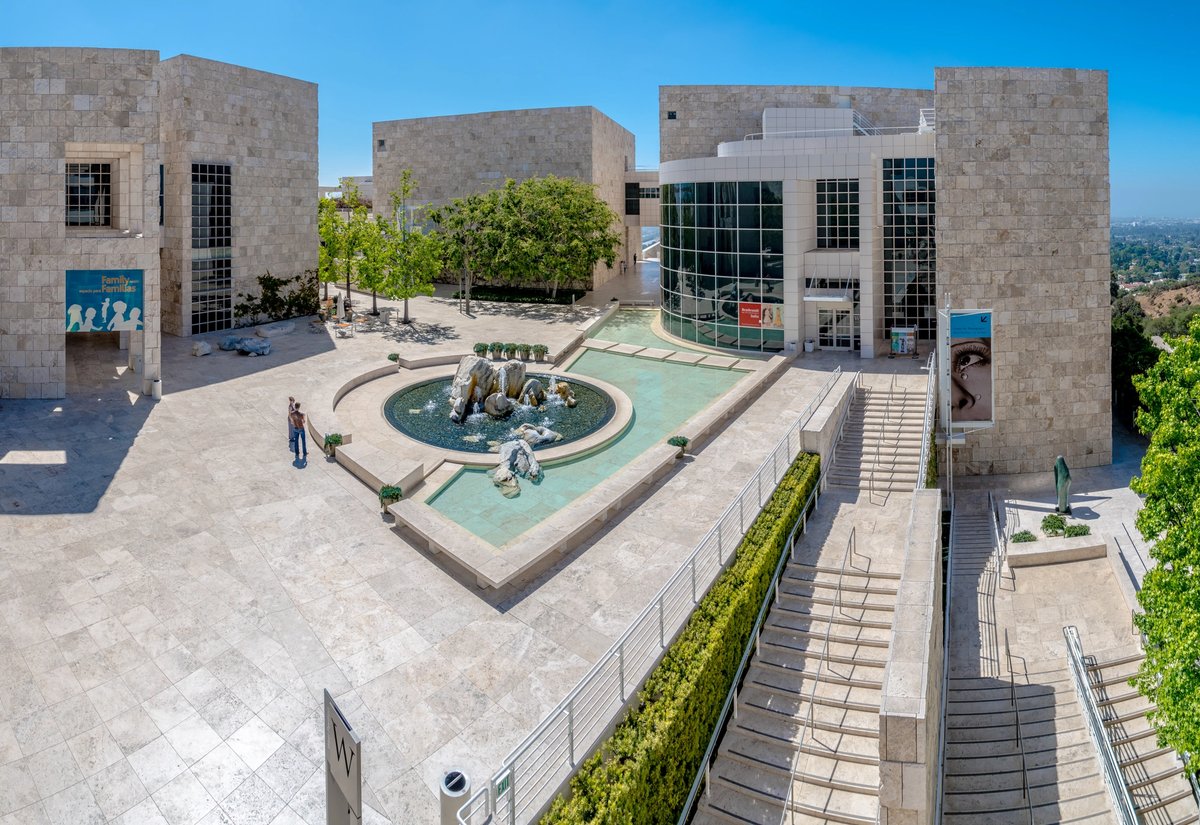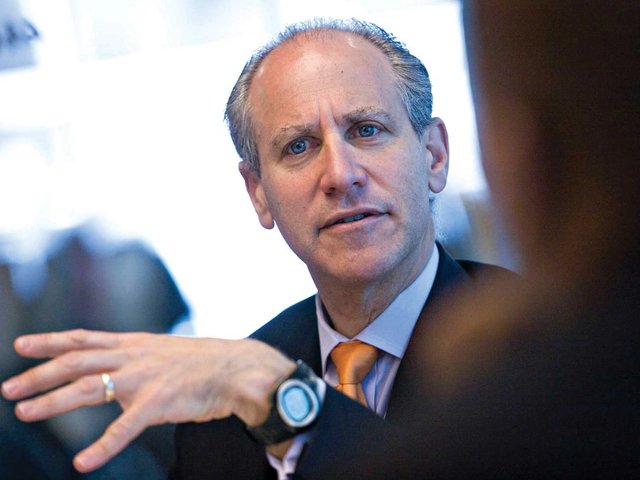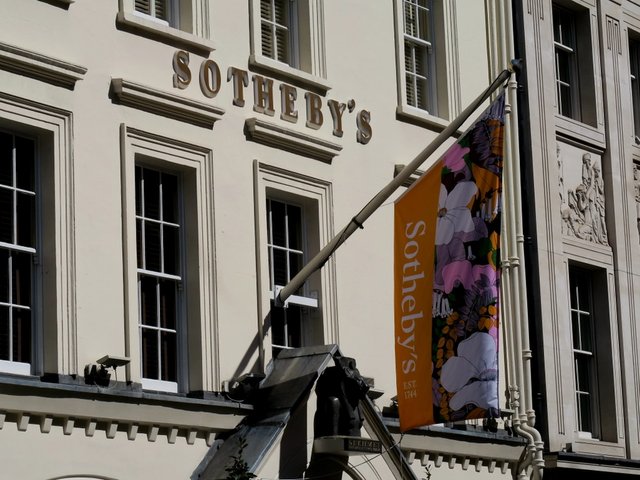Former employees of the J. Paul Getty Museum in Los Angeles have slammed its decision to hand its pension plan over to an insurance company, describing the move as “deeply disappointing” for the “richest art institution in the world”.
The J. Paul Getty Trust decided to terminate the pension last March and is currently seeking an insurer to manage the plan, which is worth $336m and has 1,738 members. Meanwhile, the museum’s endowment, created with funds provided by the oil baron J. Paul Getty who died in 1976, currently stands at $9.2bn.
The transfer is due to be completed this summer, though pensioners say the trust has “stonewalled” queries about the sale and has declined to allow them input into the selection process. Requests for the Getty to back its former employees if its choice of insurer defaults have also been refused.
The defined benefit pension was closed to new employees in 2008 and, unlike other plans, such as the one operated by Sotheby’s (which has also recently been terminated), was not indexed to inflation. “It is not a particularly onerous plan for the Getty to continue to manage,” says Christopher Hudson, the former publisher of Getty Publications.
He adds: “When it is terminated we lose the federal protections in the event of insurer bankruptcy and we lose protection from creditors, so the potential devastation is worse for us.”
Hudson recalls the Insurance Life scandal of the early 1990s when people saw their pensions slashed by 30%. “We have asked the Getty for a guarantee that if they pick an insurer that then gets into financial difficulties they would back us up, but they refuse to give us that guarantee,” he says.
Lisa Lapin, the vice president of communications for the Getty Trust says: “The Getty pension is fully funded, and we are confident our retirees will be well served in the future.”
However, Hudson notes that the trend for organisations to describe such pension terminations as “de-risking” is a misnomer. “The US regulations are known to be inadequate. It would be a very rare instance where the pensioner was more secure afterwards,” he says. “Yet it is the pensioners’ money that is being played with. And the pensioners are less secure because they lose federal protections.”
Thomas Kren, the former associate director for collections and senior curator emeritus at the J. Paul Getty Museum, notes how private equity firms are moving into insurance—last year Apollo Global bought annuities provider Athene for $11bn. “Private equity firms are clearly seeing that there’s a chance for tremendous profits here and safeguarding pensions doesn’t strike me as being their primary goal. That’s not how they’ve made their wealth,” he says. “It’s pretty disconcerting.”
As Hudson puts it: “It’s a time bomb.”
What is more, the retirees say there is no good reason for the Getty to terminate their plan. “The Getty has the least good reason of any organisation to do this,” Hudson says. “The current board—a self-perpetuating unaccountable group—didn’t build the Getty, we did. The Getty is tax-exempt and has no share-holder interests to be balanced against the retirees’ interests. It is unnecessary and unworthy of the Getty to jump on this bandwagon.”
Maureen Whalen, the former associate general counsel of the Getty Trust, says the lack of “due diligence” by the trust is deeply concerning. “An annuity is only as good as the guarantor,” she points out. “We’re being told: ‘You’re going to be fine. We’re doing this in your best interests. We’ll let you know when it’s all done.’ And then July 1st, you get a different check or direct deposit. And that’s just very difficult to swallow.”
The potential impact on more than a generation of Getty employees is “momentous”, Kren says. “It’s easy to think that everyone who works at the Getty has a cushy job, but the reality is, in the non-profit world, most of the salaries tend to be 15, 20, even 25% lower than in the for profit world. So people who work at a non-profit start out by taking a smaller compensation package, and the benefits disproportionately matter. In a way, retirees in the non-profit world tend to be more dependent on their pensions,” he adds.
For Hudson, the ordeal has changed his view of the Getty. He says: “In a way, it was like a family of like-minded arts professionals who believed in what they were doing. This is just asking for reputational damage, which is sad because those of us who helped build the organisation really care about it.”





